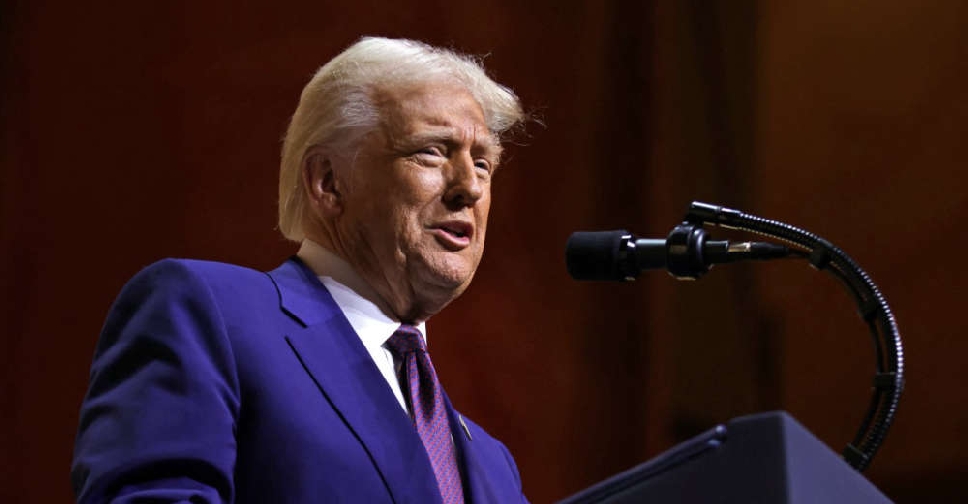
A US appeals court let stand an order blocking US President Donald Trump from curtailing automatic birthright citizenship nationwide as part of the Republican's hardline crackdown on immigration and illegal border crossings.
The San Francisco-based 9th US Circuit Court of Appeals rejected the Trump administration request to pause the lower-court judge's order.
It was the first time an appellate court had weighed in on Trump's executive order on birthright citizenship, whose fate may ultimately be decided by the US Supreme Court.
Trump's Justice Department had asked the appellate court to issued an emergency stay that would largely pause that decision while it pursued an appeal, saying Seattle-based US District Judge John Coughenour went too far by issuing a nationwide injunction at the behest of four Democratic-led states.
The executive order remains separately blocked by judges in Maryland, Massachusetts and New Hampshire. The Justice Department is pursuing appeals in the Maryland and Massachusetts cases as well.
Trump's order, signed on his first day back in the White House on January 20, directed US agencies to refuse to recognise the citizenship of children born in the US after Tuesday if neither their mother nor father is a US citizen or lawful permanent resident.
Lawsuits were quickly filed by Democratic state attorneys general, immigrant rights advocates and others, who argued the order violated the citizenship clause of the US Constitution's 14th Amendment, which has long been understood to recognise that virtually anyone born in the United States is a citizen.
They say the US Supreme Court clearly ruled in 1898 in the case United States v. Wong Kim Ark that the 14th Amendment guarantees the right to birthright citizenship regardless of a child's parent's immigration status.
Coughenour, an appointee of Republican former President Ronald Reagan, was the first judge to block the order, which he did by issuing a temporary restraining order on January 23. He later extended that into an indefinite preliminary injunction.
Coughenour's decision came in a lawsuit by the Democratic-led states of Washington, Arizona, Illinois and Oregon and several pregnant women. He has called Trump's order "blatantly unconstitutional."
 Netanyahu says Hamas will pay for not returning Shiri Bibas
Netanyahu says Hamas will pay for not returning Shiri Bibas
 Luigi Mangione due back in NY court
Luigi Mangione due back in NY court
 Netanyahu orders West Bank operation after bus explosions
Netanyahu orders West Bank operation after bus explosions
 Israeli military says body released by Hamas is not of a hostage
Israeli military says body released by Hamas is not of a hostage
 IRS fires 6,000 employees as Trump slashes US government
IRS fires 6,000 employees as Trump slashes US government




